Interview: Olugbemisola Rhuday-Perkovich
I was all but ready to post this interview when I realized how perfectly this book fits into the concept of self-care that I’ve been writing about. I think I wrote to supply so many answers to such complicated issues, but in the fiction world of You’re Breaking My Heart, Olugbemisola Rhuday-Perkovich maneuvers us through self-care within the imperfect process of grief.
Rhuday-Perkovich was born in the United States (New York City) and also lived in Nigeria, and Kenya. Her family surrounded her with books and storytellers that fed her curiosities and nurtured her desire to eventually become a storyteller herself. She writes books that range from young readers to young adult, and includes biographies, non-fiction, and fiction. In these stories, she encourages readers to consider complex issues with empathy. Rhuday-Perkovich has worked extensively in youth development and was twice awarded a public service fellowship for her projects with adolescent girls. Through her books, collaborations, and advocacy, she influences the landscape of children’s and YA literature, making it more inclusive and representative. You’re Breaking My Heart is her first YA book.
ADVERTISEMENT
ADVERTISEMENT

I reviewed Olugbemisola’s recent book, You’re Breaking My Heart (Levine Querido, 2024) on Black Cotton Reviews. The book takes readers on a deep dive through the young protagonist’s grief that consumed her following the death of her brother. I wanted to learn more about Olugbemisola’s approach to this story, so I reached out to her for an interview.
Name pronunciation
Website
Instagram
You are such a crafter! What is it that you enjoy about knitting? How do you use that craft to enhance Harriet’s character?

ADVERTISEMENT
ADVERTISEMENT
ORP: I love the feel of knitting, the puzzle-y, engineering nature of it. It’s often a meditative, calming practice for me; it can also be an invigorating creative challenge when I’m working on more complex patterns or techniques. I think knitting in some ways shows Harriet’s “softness” without her even realizing it, just her use of yarn, and the fact that she knit prayer shawls. Before the story starts, she’s been more of a “math” knitter, using it to challenge herself to create 3D art, to connect her love of science, particularly cosmology, to something tangible. But when she feels like she can’t give herself the gift of knitting for pleasure, she does it for others; I think those simple prayer shawls were an unconscious way of her moving outside of herself.
What inspired you to write this story? And how in the world did you keep with it for so many years?
ORP: This story consciously started as a “What if?” question many years ago, “What if you told someone you wished they were dead…and then they died?” But even though that question came very specifically to me as a story idea that felt separate from myself and my own experience, I was deep in a grieving process. My mom had died not too long before, and not only did I not want to talk about my grief, I remember thinking very deliberately that I did not want to write about it either. I did write about it a bit in my journals; and people kept giving me books about death and motherless daughters, and stages and levels of grief and things like that, and I hated it. I wrote an essay called “I Don’t Want To Write About My Mom” at one point, for a course in which I was struggling to write anything that wasn’t very superficial and just tossed off and easy. So I think that even though the question and situation that came to me as I was walking down Central Park West one day, “What if you told someone you wish they were dead…and then they died?” the thinking of writing about grief was there — I was processing how to process.
At the same time, I read books that I loved by Madeleine L’Engle, like The Rock That Is Higher, Walking on Water, and A Circle of Quiet; I read what was billed as a Yoruba story called “The Story of the Woman Whose Daughter Sold Palm-Oil”, which was very much like “The Talking Eggs” and numerous other similar stories, but this time was very focused on the idea of the girl going on this frightening mission, all the way to and through the Land of Dead, for her mother, and thinking about emotional journeys through liminal spaces. I also read a book by C.S. Lewis called Till We Have Faces. I was a big Lewis reader, but hadn’t known that one before, and I found his retelling of the story of Cupid and Psyche powerful and beautiful. And this idea that we need to tell the story in order to get to the *real* story stayed with me.
And I think the story idea started to become less of a what if that happened, and more of a what does it mean to grieve? How does it change or warp the stories we tell ourselves about our lives and our relationships? How does the world expect us to grieve? Where do we find room to experience sorrow? How are we in community with others, even when we resist it? How does grief transform our lives and our very selves — who do we become, and what can that mean for how we walk in the world?
As you continued to write, what became the most challenging part of this story for you to write?
ORP: Oh, all of it…:) It took so long, because I didn’t particularly want to take the emotional journey that the story required — it reminds me how someone gave me a book once called Be Not Afraid about conquering the fear of death, and I was too scared to read it for years! 🙂 I also wasn’t sure if I could pull off what was in my head, what I wanted to do, because it didn’t seem to fit neatly into a particular genre or type of story. I am so thankful that Harriet’s story ended up in the hands of an editor (Nick Thomas, at Levine Querido) who gave her story the room (and time) that it needed. He kept reminding me to just let the story be what it was and not worry about where it fit or what I was “allowed” to do as a writer, and asked the kinds of questions that pushed me to write honestly.
You have a multi-faceted story: you layer the action with the ups and downs of teen emotions, throw in some quick-witted humor… How did you manage to manage such a steady pace?
ORP: That’s very kind of you! I don’t really think about that too much, but I do just think about life, and the truth of our lives, and the reality that intense pain and deep joy often coexist, and can chase and catch each other in a kind of circular game of tag.
You’re writing a Black American character, a community we’re seeing more and more of in YA lit. Do we need to be concerned about the mental health of 1st or 2nd generation Black teens?
ORP: Short answer: Yes, absolutely. For Harriet’s story, I really wanted to honour the fullness of Black girls’ emotional lives, their anger and sadness and frustration…vulnerability…and joy and laughter. I think Black girls and women are under constant pressure to perform specific versions of themselves that other people have created, and commodified. We’re often rewarded and praised for being “strong” or “resilient” when we shouldn’t have to be. So much of the time we’re praised and thanked for “saving” everyone but ourselves. I really wanted Harriet to understand that she was deserving of love, and capable of loving, just as she was.
I loved the ending! For me, I really had to wonder if there are clear, specific answers in how to deal with grief.
ORP: Aw, thank you! The ending was probably the one joyful part of the book to write. 🙂 One because, after twenty years, it was THE ENDING, but also because for all of that time I knew how the story was going to end, but I didn’t know *how* it was going to end. Once I let myself just write what I wanted — including flashbacks, different formats like a sitcom, a play/screenplay mashup, all of that helped me show some of that emotional turmoil she was holding, and the process of just beginning to release her fear and her guilt, in a physical way.

I used to *hate* when people said “It is what it is” — like what does that even mean? But I see how it can apply to grief. It is what it is for each of us, intensely personal, sometimes very private, and it can often lead us to find community in unexpected ways and places. And it was very important to me at the end to show that it’s not always something you “get past” or move on from; it becomes a part of you, it can be a melancholy that lurks, or the monster that gives you a jumpscare when you don’t expect it. But there’s also the possibility that it can allow you to notice more about life, about relationships, about other people, that it can be a part of your walk in this world with more love, and grace. It is what it is, for each of us and all of us, and we can love and be loved on the way.
Thanks, Olugbemisola! I really appreciate this creative -can I say fantastical?- exploration of grief within this tight cast of characters. Definitely genre bending, certainly a reminder that self-care is a communal concept.
Filed under: Interviews
About Edith Campbell
Edith Campbell is Librarian in the Cunningham Memorial Library at Indiana State University. She is a member of WeAreKidlit Collective, and Black Cotton Reviewers. Edith has served on selection committees for the YALSA Printz Award, ALSC Sibert Informational Text Award, ALAN Walden Book Award, the Walter Award, ALSC Legacy Award, and ALAN Nielsen Donelson Award. She is currently a member of ALA, BCALA, NCTE NCTE/ALAN, REFORMA, YALSA and ALSC. Edith has blogged to promote literacy and social justice in young adult literature at Cotton Quilt Edi since 2006. She is a mother, grandmother, gardener and quilter.
ADVERTISEMENT
ADVERTISEMENT
SLJ Blog Network
Press Release Fun: Happy Inaugural We Need Diverse Books Day!
Halfway There: A Graphic Memoir of Self Discovery | Review
Fifteen early Mock Newbery 2026 Contenders
When Book Bans are a Form of Discrimination, What is the Path to Justice?
RA Tool of the Week: Inside Out Inspired Emotions, but Make it YA Books
ADVERTISEMENT


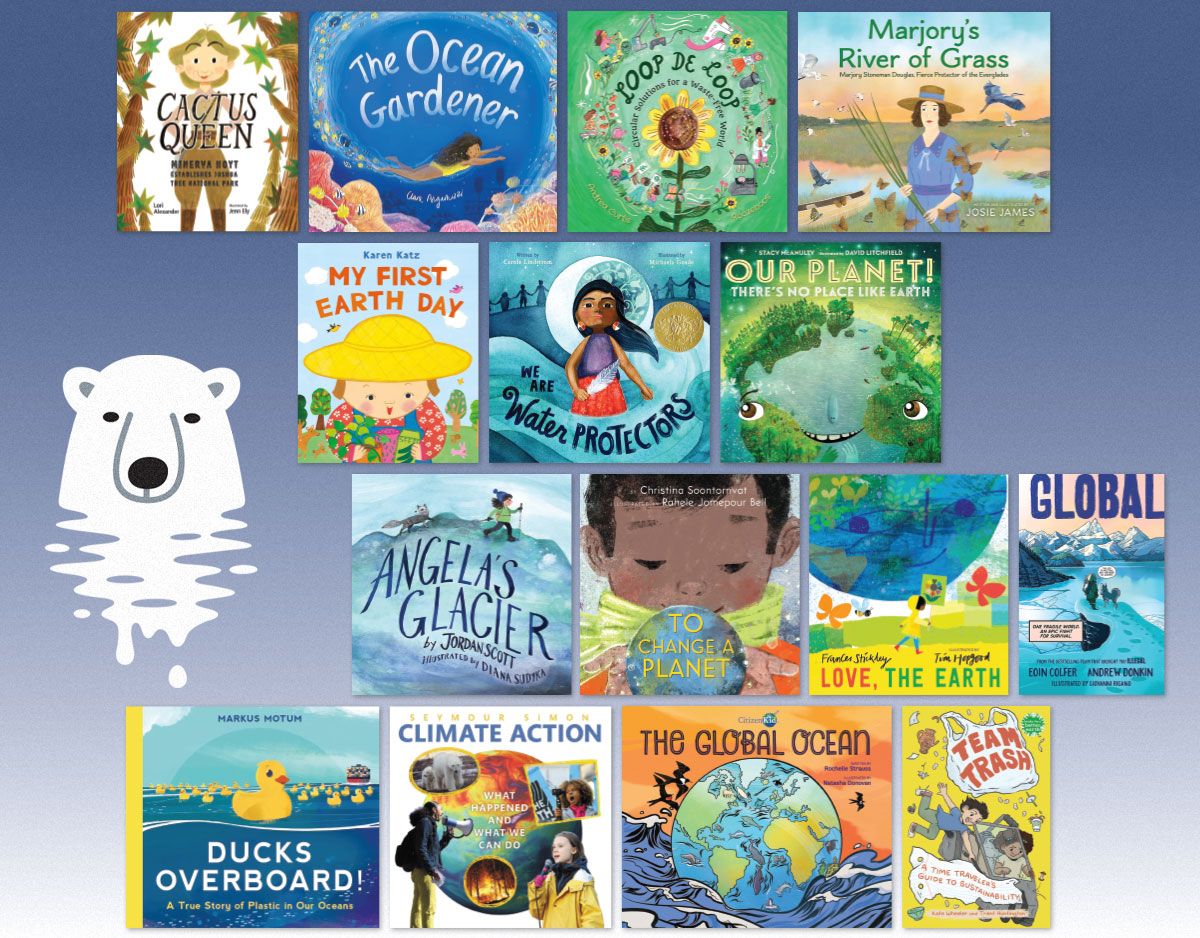
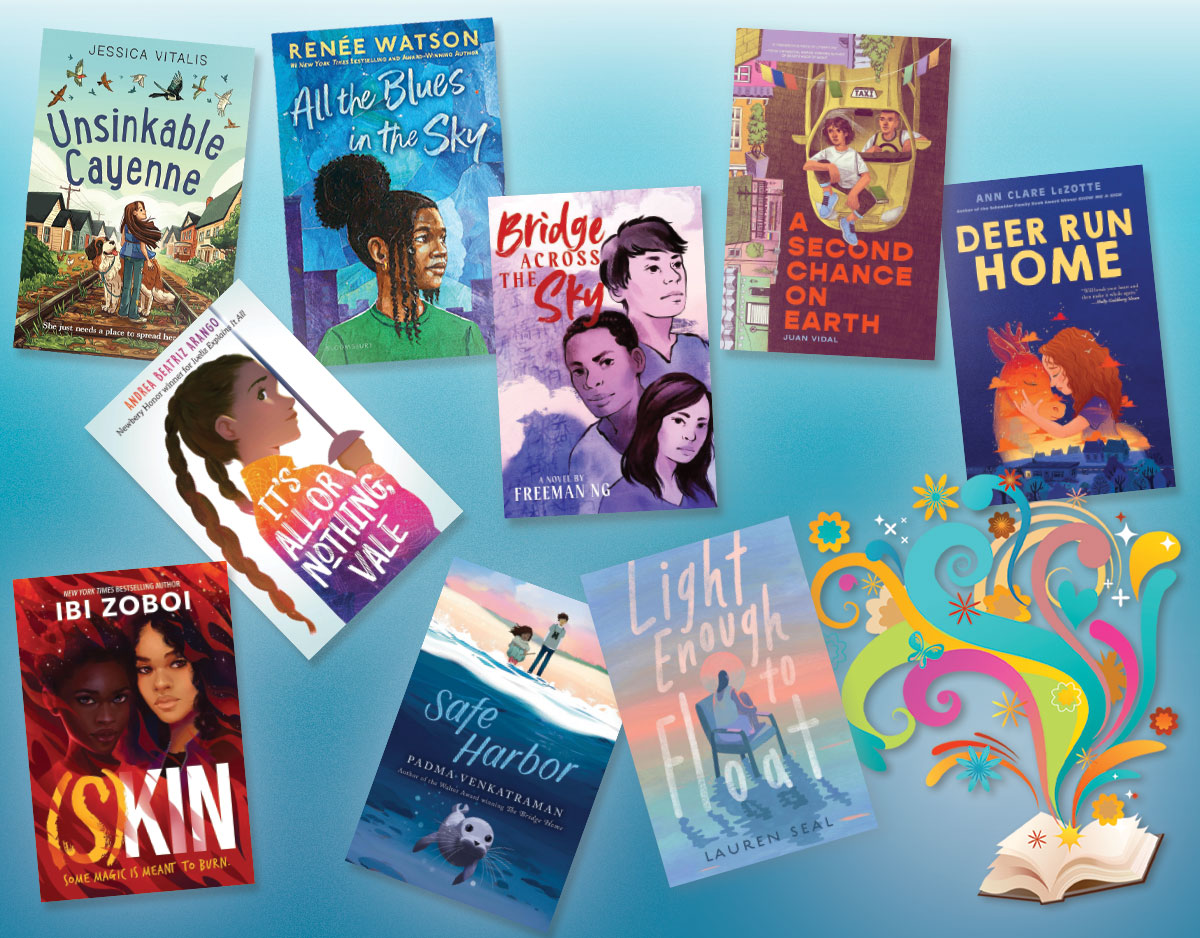
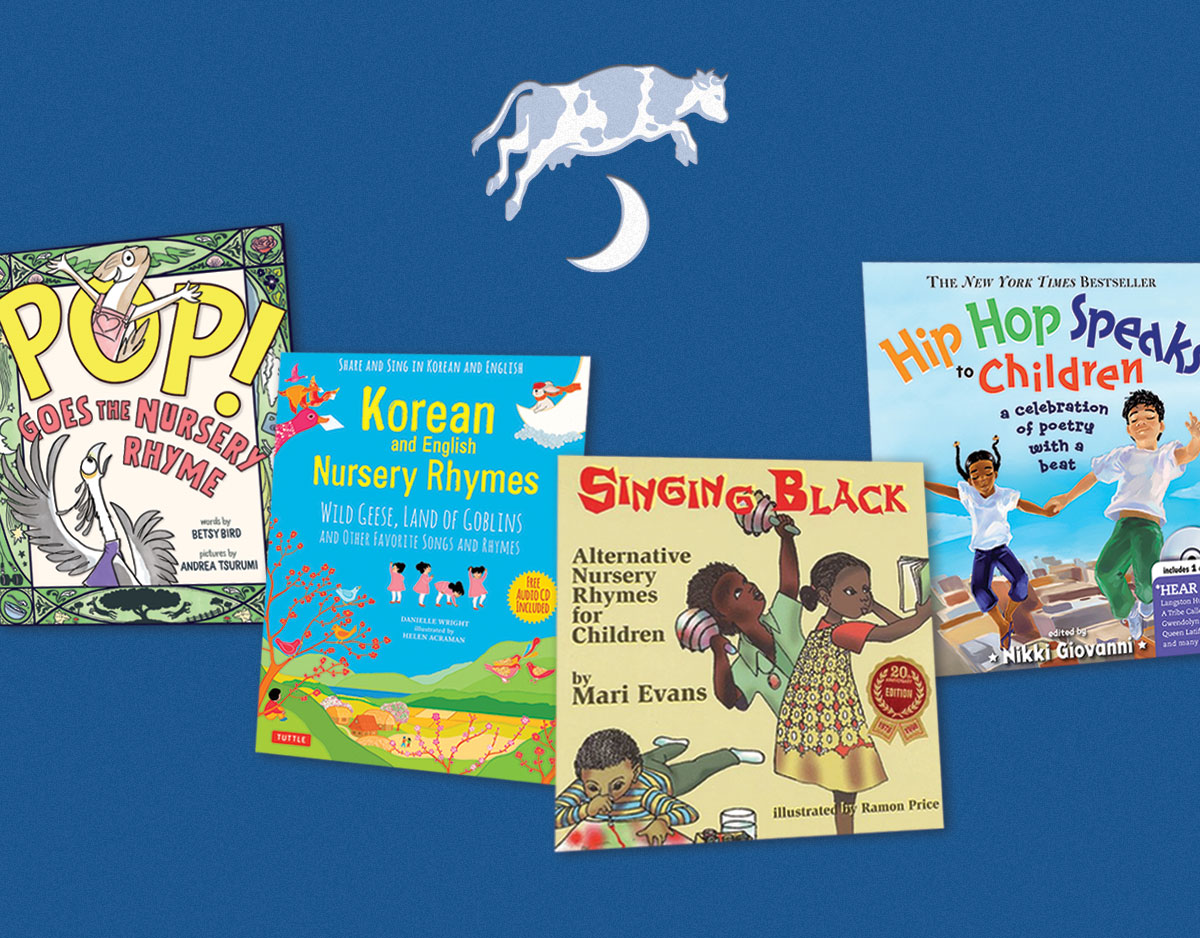
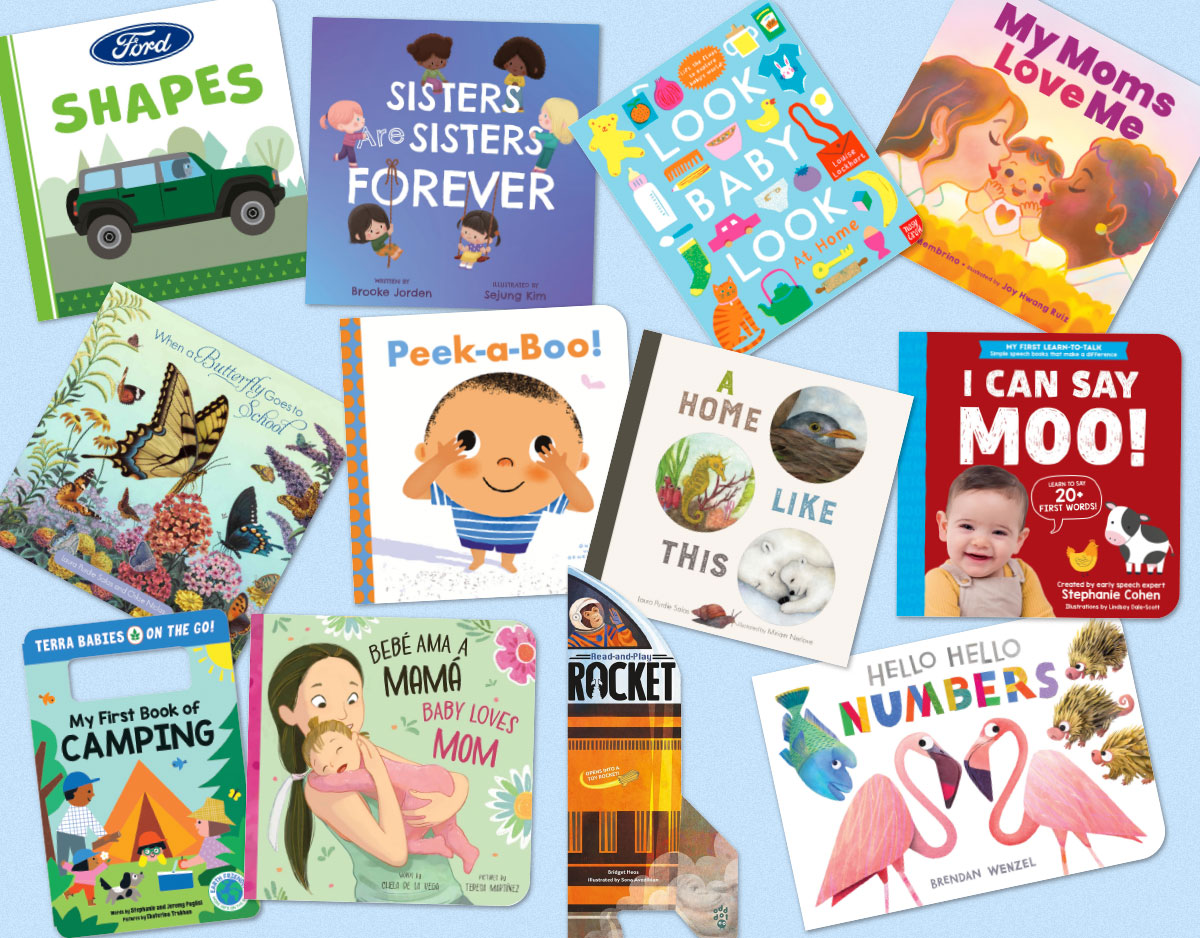
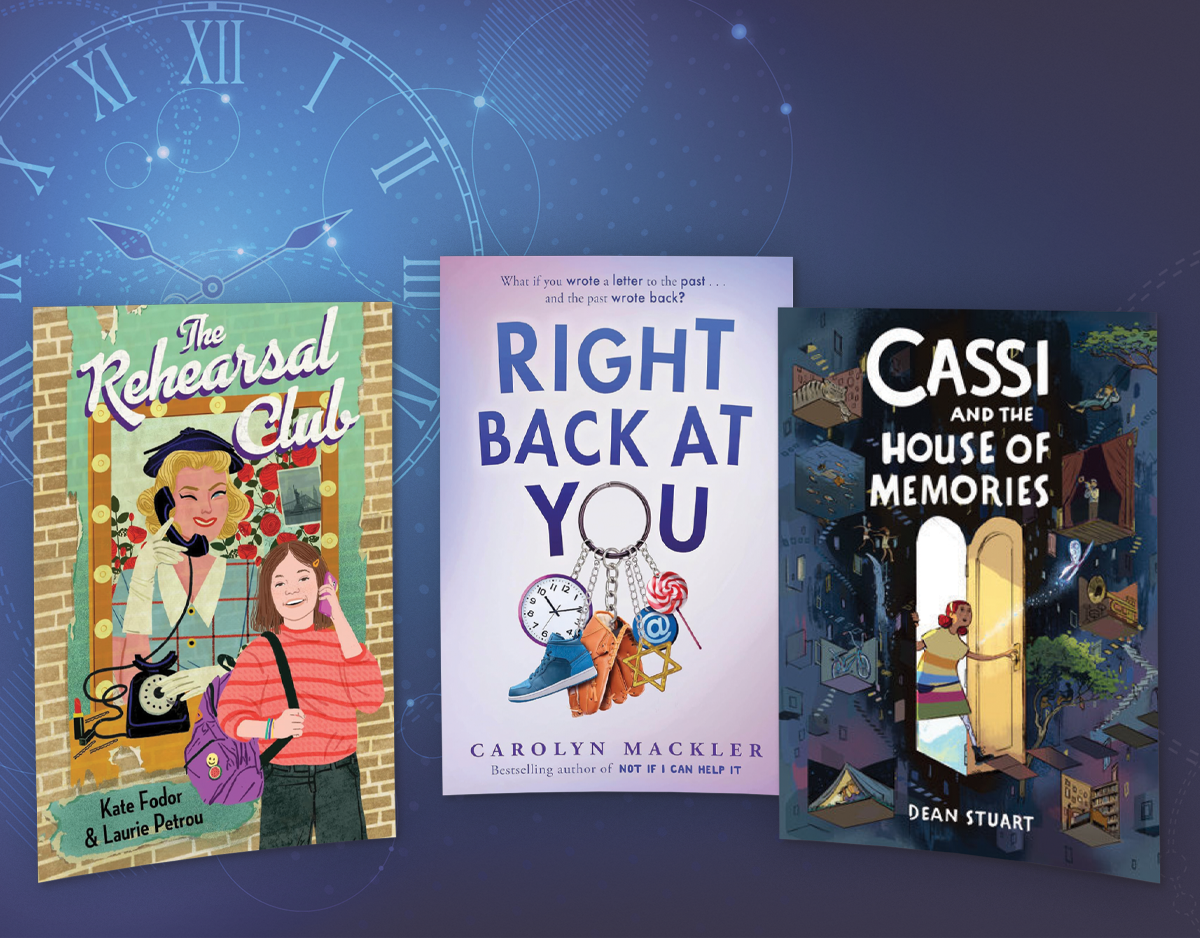
Wonderful interview! I just downloaded You’re Breaking My Heart.